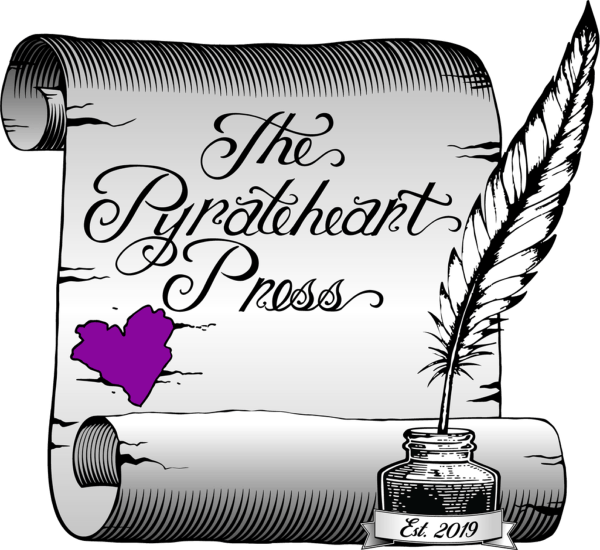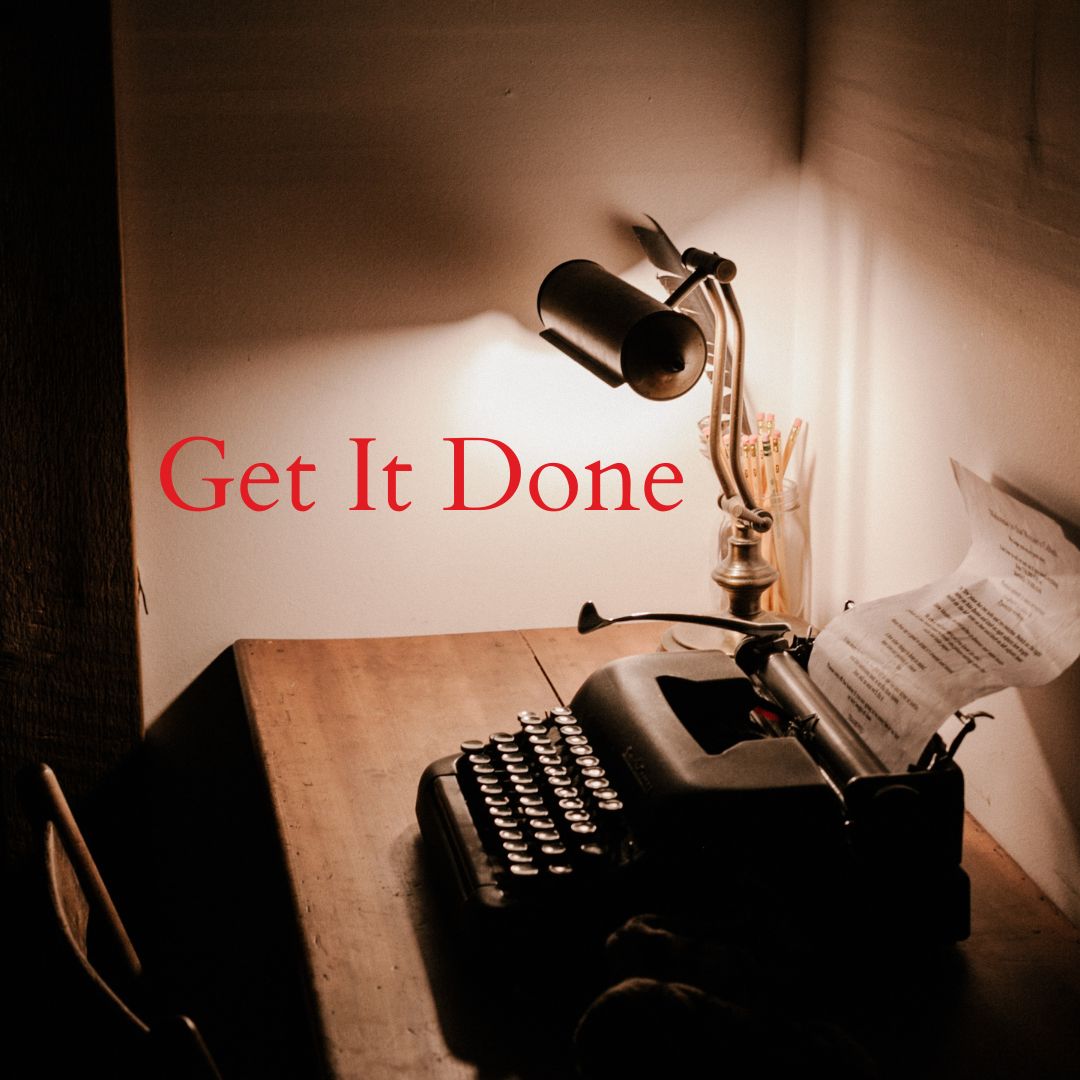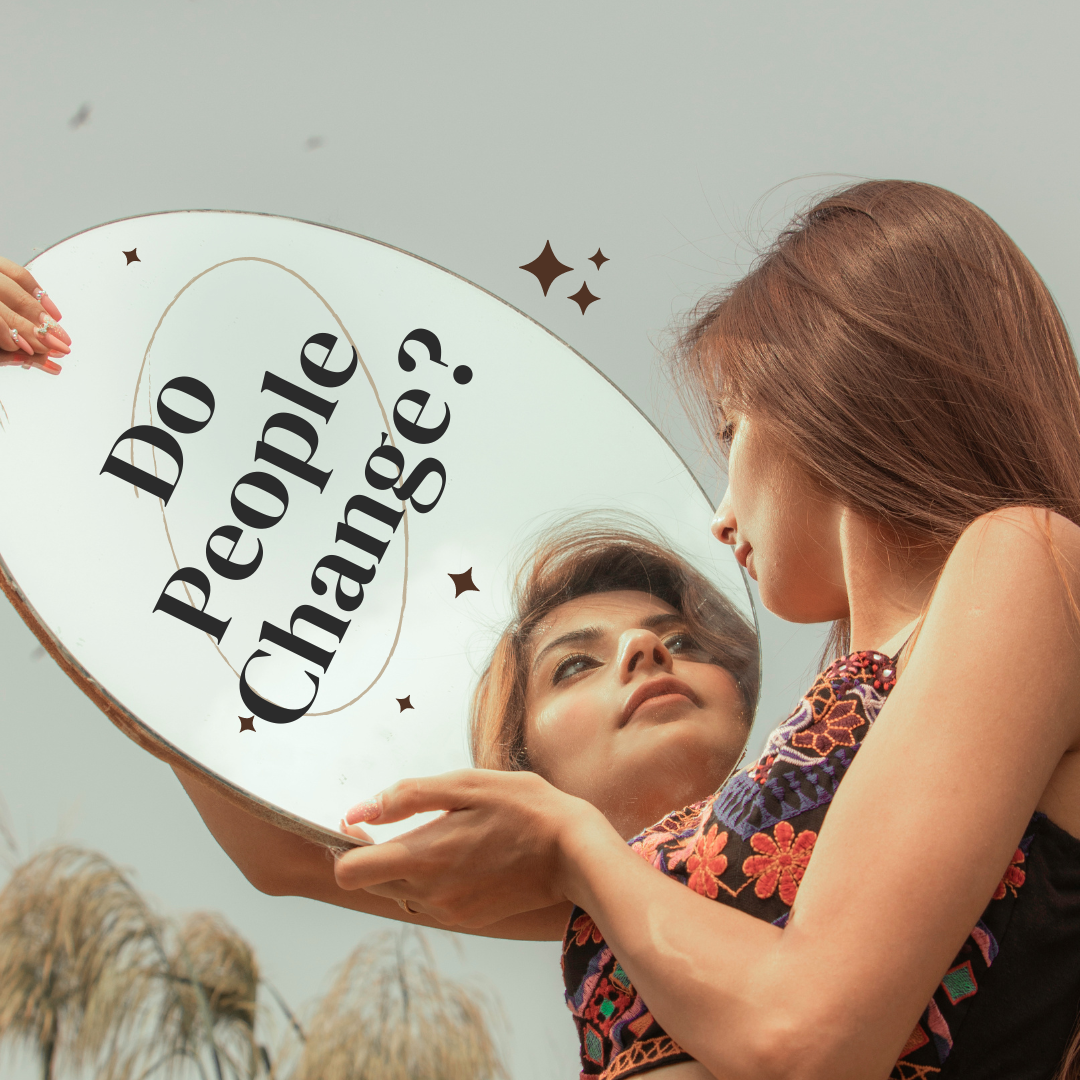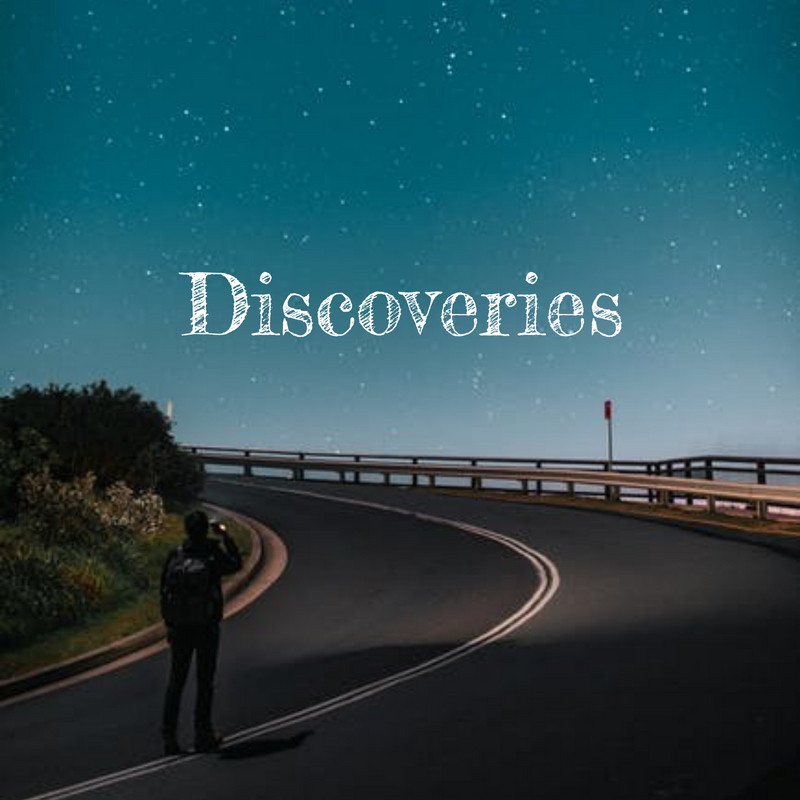Blog Layout
Copyrights and You
R. Ross Whalen • Oct 21, 2020

Let’s talk about legal issues today. The number one legal item you should obtain as an author or writer is the copyright to your work. The copyright is everything. If you own it, you own all the rights to your work. If you don’t, then you don’t.
One of the interesting pieces of advice I ever heard came from Frank Sinatra to his daughter Nancy. When she chose to follow in his footsteps, he told her to never give up the rights to her work. Never. Good advice from a man who owned the rights to the Manchurian Candidate.
Frank Sinatra starred in the original movie version of the film adaption of the book. The author signed the rights over to him. Consequently, Sinatra became the owner of whatever happened with the work as far as filming. Which meant when Denzel Washington and those who made the re-make chose to film the new Manchurian Candidate, they not only had to get Sinatra’s permission, not the authors, they also had to offer him the title role.
Take the time to learn what gives you legal rights and what doesn’t. Learn to protect yourself. The only item that gives you any legal rights to anything written, photographed, composed, created is a copyright. Not trademarks which protect a brand name, nor an ISBN, ISSN, LCCN or the other hundred or so compilations of letters used to list creative works or intellectual property.
There is another set of letters to become familiar with. DCMA. Digital Rights Management Act. This is where you can demand someone to stop using your works online or in a digital format. Like someone who downloads from a torrent site.
Going back to the rights as far as signing them over for film or television use. Stephen King sometimes gives some of his work to film students for a buck. I have heard of others getting millions. Most are offered something in between. However, read the fine print. See what they want to do with your work and what you will receive in the end.
Tom Hanks made a movie called Saving Mr. Banks with Emma Thompson about the struggle Walt Disney had getting the rights to make the movie Mary Poppins. It’s a great movie however, when you look at it from a writer’s or a publisher’s point of view, it becomes a lesson in rights management.
The movie was an incredible hit. However, when the author signed over her rights, she signed over all the creative rights, so Walt Disney was able to make changes that he wanted to make. Changes he made that the author (P.L. Travers) could do nothing about. His version worked. So did her books. They found a happy middle ground. Make sure you do when you find yourself in discussions over your book rights.
That’s it for now. I know, it’s a short one but when it comes to your rights it is best to keep things as simple as possible. And always read the fine print. And if they present you with a contract that requires a three-ring binder to hold it, get a lawyer.
I’m Ross, The Editor-in-Chief at the Pyrateheart Press, and I’m out.





